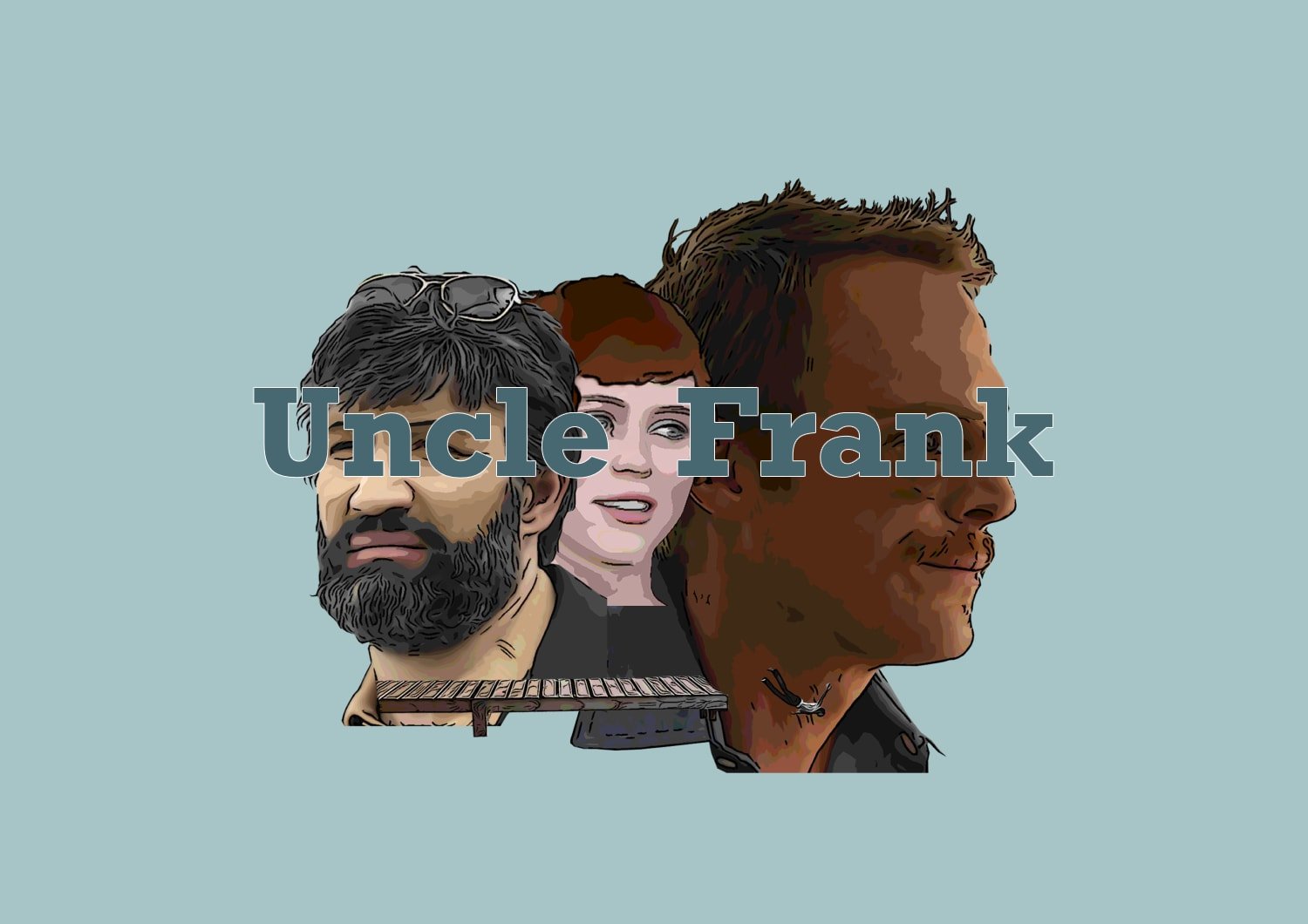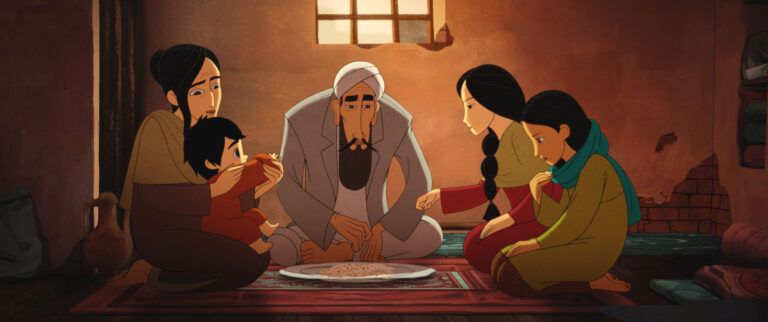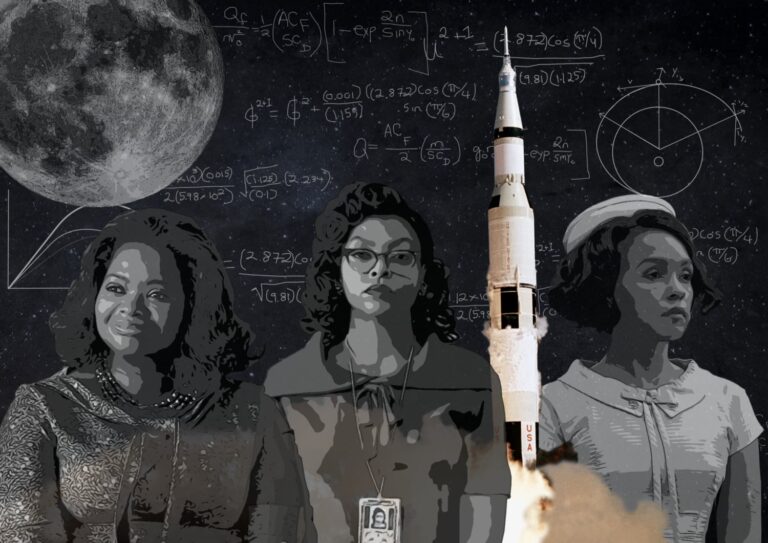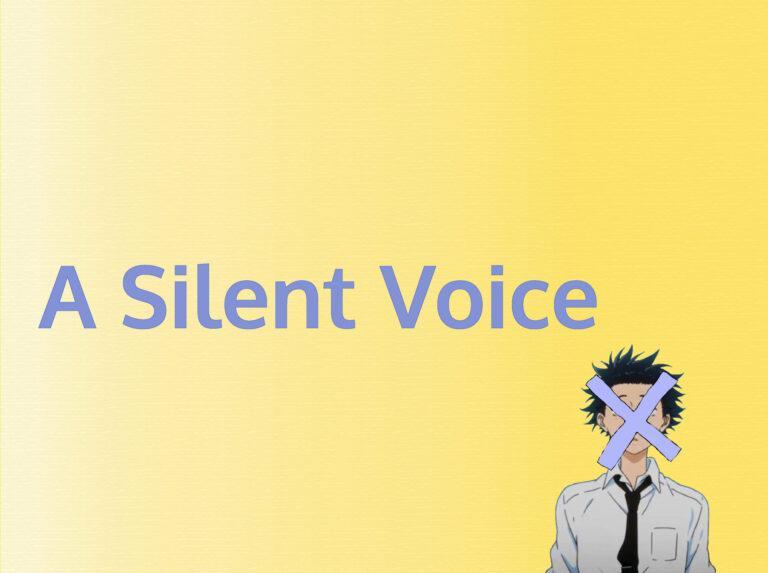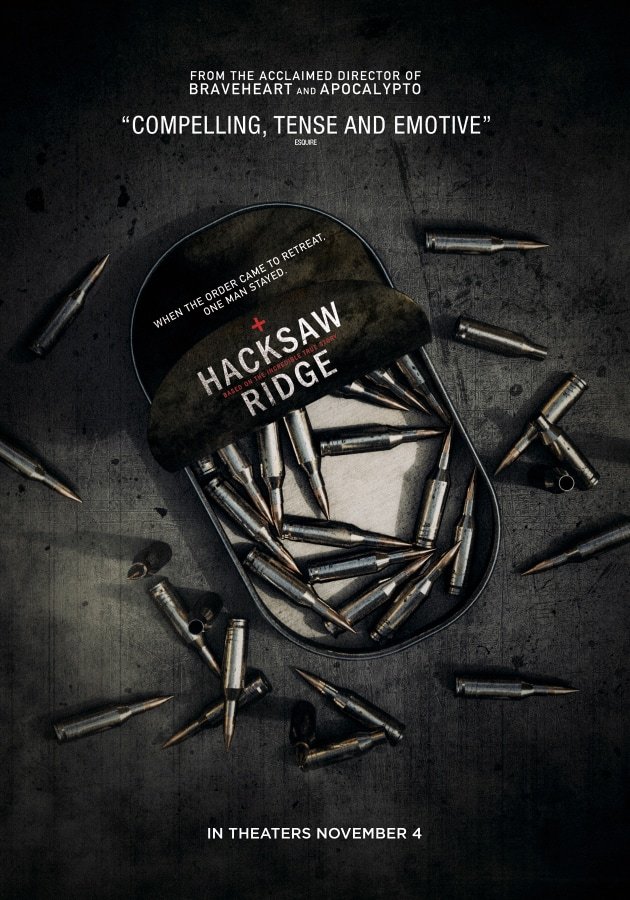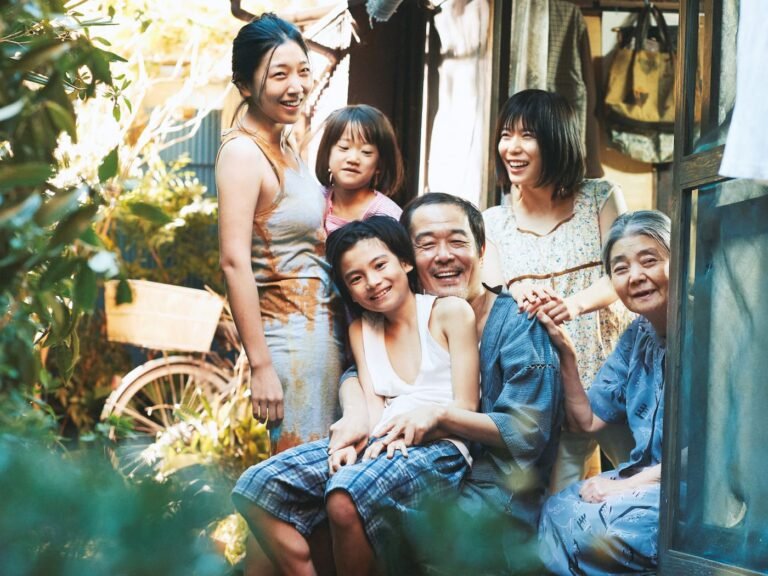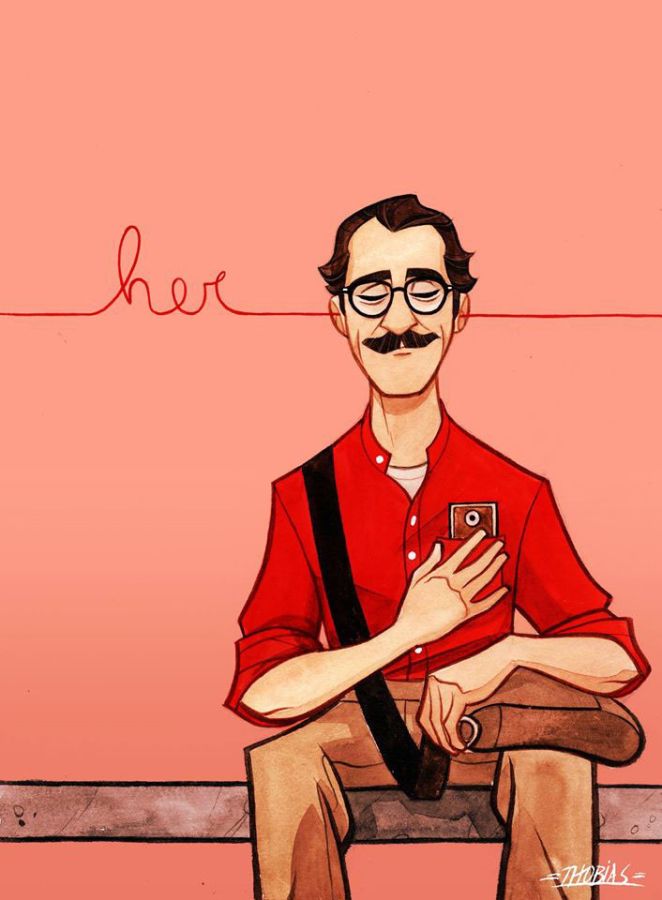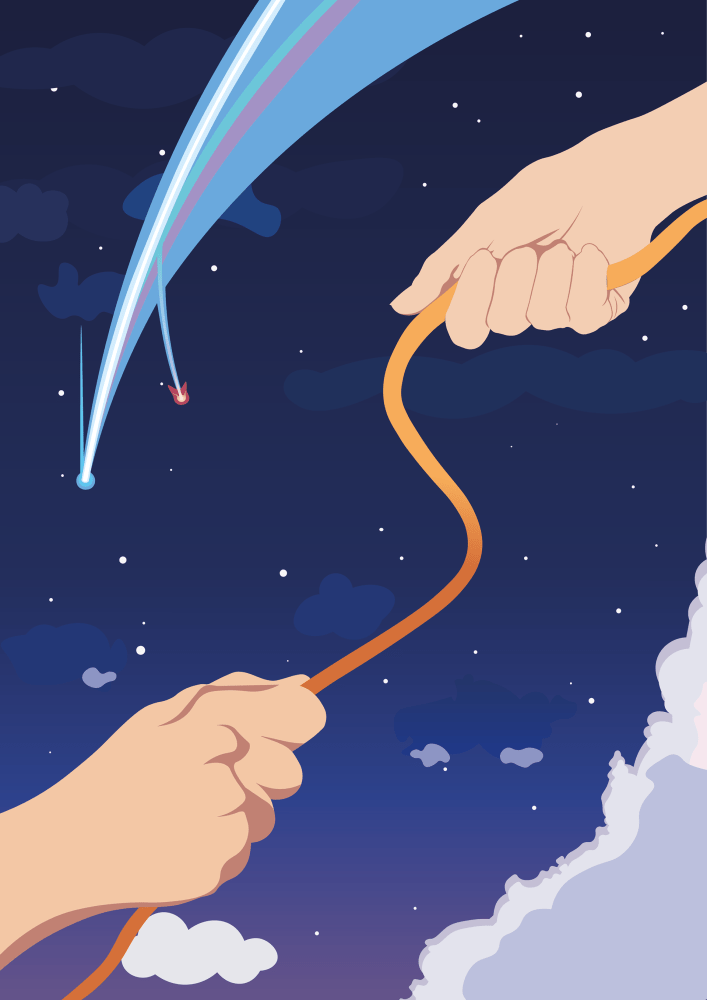He’s progressive and supportive, a dream uncle, especially for Beth who feels like the next generation’s black sheep. But, in actuality, Uncle Frank keeps his life hidden from his family. Lives in fear, and with the ever-steady companionship of guilt – his memories causing him a circle of pain. Set in 1970s America, Frank (Paul Bettany) has been unable to tell his family he is gay, hides his partner, and tries to bury a secret from his teenage years. But when an encounter with his niece is followed by the news of his father’s death, the two begin a road trip back home and a chance to face what Frank fears.
Although an all too brief road trip, Frank returns to his family home with the support of his partner Wally (Peter Macdissi), and his niece Beth (Sophia Lillis). Heart-wrenching and heart-warming in equal measure, Uncle Frank captivates with its delicate script and sincere performances. The characters are likeable, a little bit broken, strong, and are just discovering who they are to each other. Despite sounding hard to handle, the film has lighter moments thanks to Frank’s partner Wally, played by the enigmatic Peter Macdissi, who is just warmth personified, while the family’s later viewpoints and stereotypes will cause a slight chuckle, or a wry smile or two at their humorous ignorance.
Uncle Frank opens on a house filled with noise, chaos, and aggressive machoism in an out-in-the-stick’s country family. Trapped within this is Beth, aka Betty, who is stuck in late adolescence – relegated to the child’s table – while her Uncle Frank treats her with the maturity she seeks. Beth clearly loves her uncle, for like her he’s smart, quiet, but reflective, while he emboldens her intelligence and encourages her independence, treating her like the equal she wants to be.
Throughout the film you feel the love between Frank and Beth, with a connection bridging between the two black sheep of the family. Individually, they are lost in finding their place in the family, but together there is a sort of strength in numbers. This makes the scene in which Frank reveals to Beth that he’s gay, so much more emotionally charged. He’s hesitant, moves with great care, and has the fear of being rejected written all over his face. Thankfully, she does not. However, Beth is inquisitive to the point of pursuing him with her questions; providing him the chance to open up, with nowhere left to hide. Their short road trip emphasising this further.
Then there is Wally, who aside from creating a gripping relationship, forces Frank to admit the complicated emotions he holds for his father and pushes for him to tell his family that he’s gay – seeing how the secret is hurting Frank. But both are shown to have lied to their families regarding their sexuality in order to protect themselves. However, in the case of Wally he talks about the differences in treatment across countries. The persecution, judgement, and physical violence on those who are gay, shows both the recent history and the difficulties still confronted today – hiding who they love as much as they had done decades ago, the situation having not changed. It also briefly touches on the ramifications religion has in impacting people – whilst pointing out that this shouldn’t have any sway or hold.
Subtle and understated, the film tells of Frank’s story, sorrows, and the difficulties he continues to experience, without ever needing to spell it out. The emotions, scenes, and unspoken words saying enough. Uncle Frank lives in fear and anger thanks in large to his dad, but in this journey back home, and in the wake itself, he has a chance to face it. Overwhelmingly, Uncle Frank is about loving and accepting yourself, and the power of family to hurt and to heal.
Director & Writer: Alan Ball
Other notable works:
- Banshee 2013-2016
- True Blood 2008-2014
- Six Feet Under 2001-2005
- American Beauty 1999

